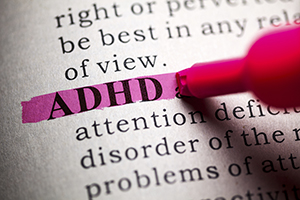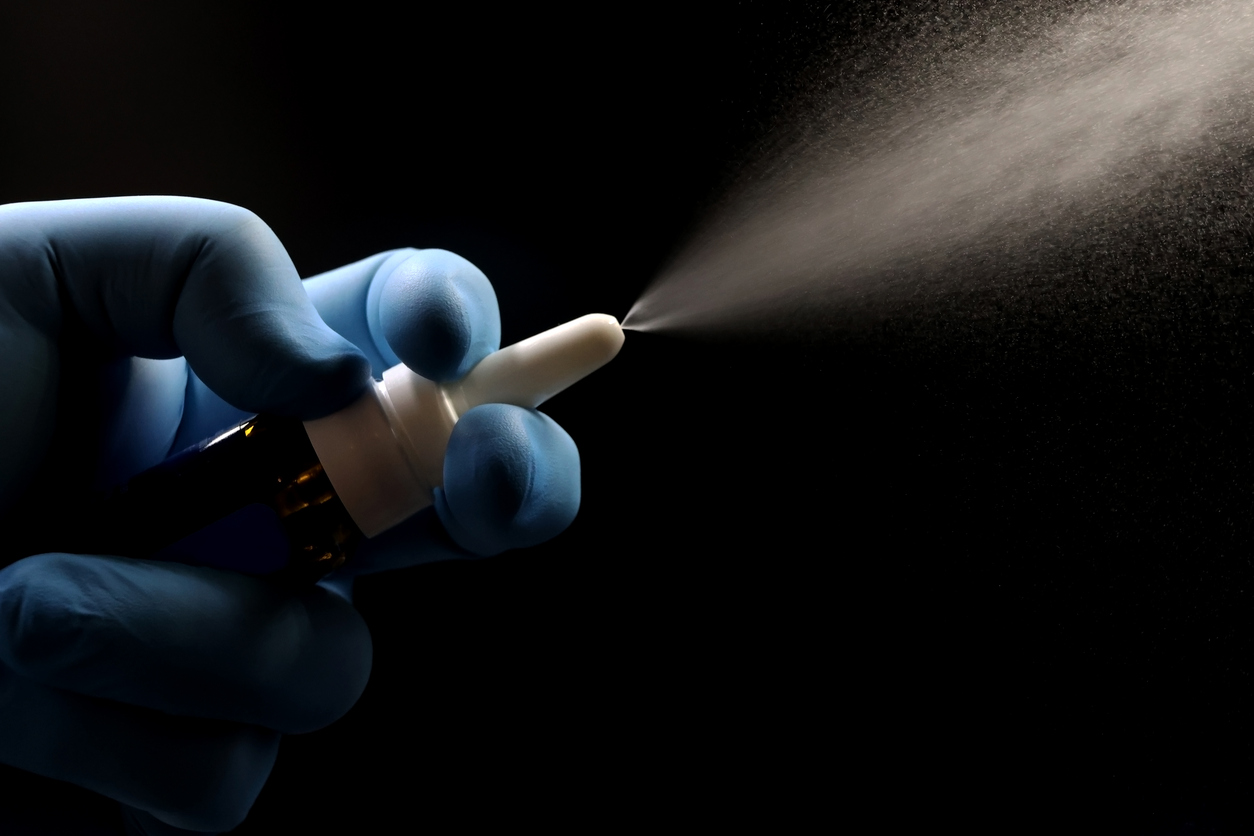A recent study from McMaster University concludes long-term consumption of certain artificial food dyes can be a potential trigger to IBD such as Crohn’s disease and ulcerative colitis.
Allure Red food coloring, which includes FD&C Red 40 and Food Red 17 is a common ingredient in soft drinks, cereals, chips, candies and other processed foods. Apparently, these dyes not only add color but also add texture to foods, which lends to palatability. Often, these very foods are marketed to children, according to researchers.
Scientists used experimental animal models of IBD in this study and found that continual exposure can harm the gut and promote inflammation. The coloring disrupts the function of the gut barrier, increasing serotonin production. What ensues is an alteration of gut microbiota, leading to increased susceptibility to colitis. It’s an interesting observation because, in humans, about 90% of serotonin is secreted in the gut. However, there is such a thing as too much serotonin, and that’s what may be at play in this animal model study.
The use of artificial food dyes has increased over the last several decades, yet research is lacking to determine their impact on gut health. This may explain why, in my own practice, I’m witnessing more and more patients coming in with gastrointestinal complaints. Often, we find inflammation or other pathology in the gut—like altered microbiota and IBD.
Moreover, the existing scientific literature suggests consumption of these synthetic dyes, like Allura Red, affects allergies, immune disorders, and ADD and ADHD in children. Hence the development of the Feingold Diet so many years ago, which eliminates processed foods containing food dyes, additives and preservatives.
Researchers are alarmed that this common synthetic food dye is a probable dietary trigger for IBD. Gastroenterologists must understand once and for all that diet does count when it comes to gut integrity and make the recommended referrals to qualified nutritionists who can help treat and educate patients with IBD.
To your health!
Leyla Muedin, MS, RD, CDN
Email your questions to questions@drhoffman.net








